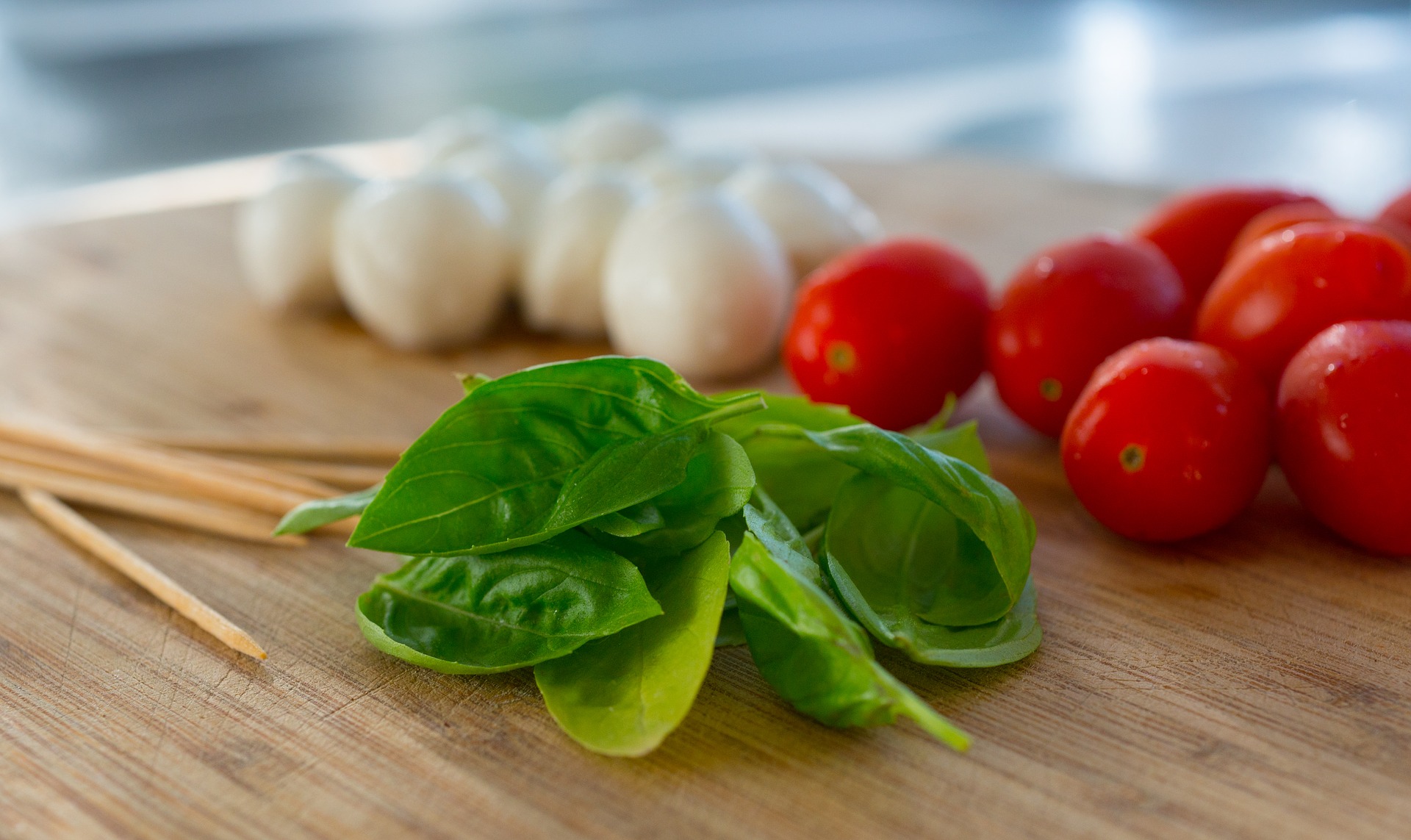A diagnosis of Alzheimer’s disease can significantly impact both the patient and their entire family. Not only is there sadness about the impending loss of personal connection, but family members often worry that the condition may have an adverse effect on every aspect of life. There is presently no cure for Alzheimer’s disease; however, there has been some good news about prevention recently. A specialized diet typically utilized to combat heart disease has shown the potential to significantly lower the risk of Alzheimer’s. In order to be a valuable tool to prevent Alzheimer’s, however, individuals must follow the guidelines in their entirety, and it may be difficult for seniors to modify their daily diet significantly. Still, experts believe that incorporating even minor changes to one’s diet can make a difference in overall health. If you are responsible for the care of a senior loved one, the information on dietary guidelines could help prevent a whole spectrum of health concerns, including heart disease, stroke, and hypertension.
Research indicates that the MIND diet has successfully lessened the risk of Alzheimer’s Disease by 53% in study participants. Finally, we have some research to get excited about!
FAST FACTS: The MIND diet blends components of a traditional Mediterranean diet and the DASH (Dietary Approaches to Stop Hypertension) regimen. On their own, these diets have been proven effective in fighting hypertension, heart attack, and stroke. But when combined, these two diets are a potent new weapon to prevent Alzheimer’s.
The MIND diet sorts foods into two categories – namely “brain-healthy” and “brain-unhealthy.” Here is the breakdown of each of these foods, and a recommended consumption schedule.
The Best Brain Healthy Foods
- Green leafy vegetables, such as spinach or kale, should be eaten once per day.
- An additional serving of vegetables should be eaten once per day.
- Nuts, such as walnuts, almonds, or hazelnuts, also sunflower or pumpkin seeds should be consumed every day.
- Berries, most notably blueberries and strawberries should be eaten twice weekly. (Note that there are no other fruits included in this diet.)
- Beans, such as black beans, garbanzo beans, or kidney beans should be included in meals every other day.
- Whole gluten-free grains, such as oats and quinoa should be consumed in the amount of three servings a day.
- Fatty fish, such as salmon, bluefin tuna, and sardines should be eaten at least once a week.
- Olive oil should be used as your primary cooking oil, as well as for condiments such as salad dressing.
- Wine – While excessive drinking is never recommended, studies reveal that a daily glass of wine may delay the onset of Alzheimer’s for as much as three years. Seniors should not start drinking to gain this benefit; however, current wine drinkers can continue to do so and stay on this diet.
The Worst Brain Foods
- Red meat causes iron to be stored in the brain, purportedly contributing to Alzheimer’s disease. Therefore it should be eaten infrequently.
- Butter consumption should be limited to one daily teaspoon, and stick margarine should be avoided altogether. Try using olive oil instead.
- Cheese should be limited to less than one serving per week.
- Pastries and sweets contain refined sugar that is bad for everyone at all times. Excess sweets should be eliminated from the diet wherever possible.
- Fried or fast food is recommended to be consumed sparingly, less than once per week.
Any positive move towards brain health will be helpful, but the more of these guidelines you can integrate into daily life will represent an incremental benefit to help prevent Alzheimer’s. No matter your age, it’s never too early to protect your brain.
A Banyan Residence offers caring and professional assisted living and memory care services in The Villages.








